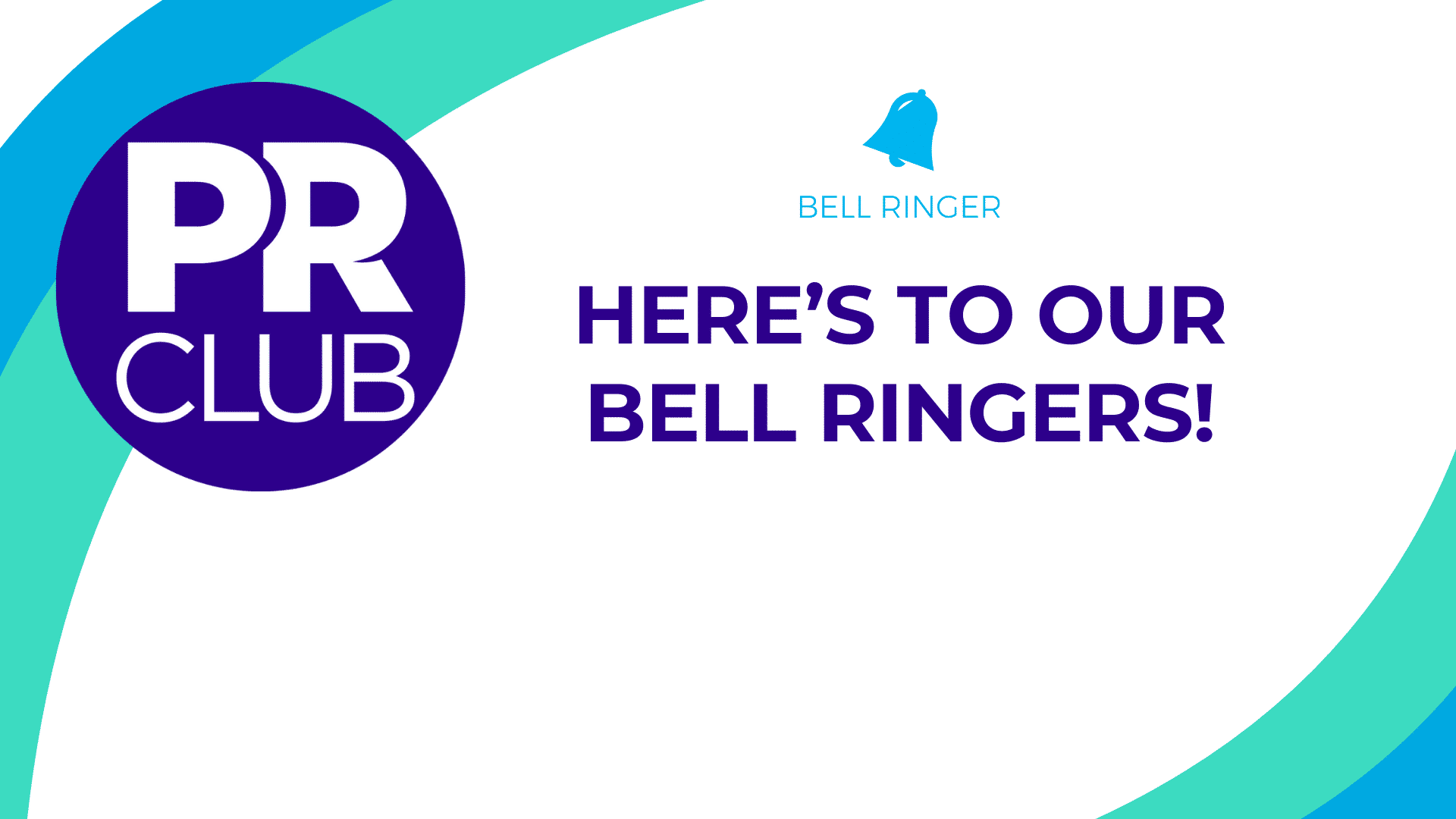When it comes to pitching reporters, don’t you wish you had the inside scoop on what catches their eye, piques their interest and even what irritates them most? Well, we asked three of Boston’s top tech reporters the very questions you want answered.
Below is the Q&A with Keith Shaw, Editor-in-Chief at Robotics Business Review, Colin Barry, Content Manager at VentureFizz, and Lorna Garey, Editor-in-Chief at Channel Partners & Channel Futures.
What information needs to be in a pitch to pique your interest?
Keith: Generally, if there’s news around a product or offering, and we have enough time to write something up (under embargo), then I’m interested. Sending me a press release on the day of the launch or after usually gets a negative response.
Also, Q&A pitches with the CEO or CTO of a company that’s relevant to the market. I don’t want to spend time with the marketing director.
Colin: There are a few types of information that can grab my attention. Recent pitch event winners, an underdog story for the founder, crazy unique technology, but one of them being a use case for the company being pitched. For example, a large, nationally known company used this startup’s software and it did wonders for them. I had one pitch for a ticketing company that was being used exclusively by Queen + Adam Lambert and, being a MASSIVE Queen fan (who isn’t!?), that immediately led to me becoming more interested in learning about the company.
Another thing is mentioning that the founders are alumni of a famous engineering/business school or the startup is an alumnus of Techstars, MassChallenge or any accelerator or incubator.
Lorna: The number one thing is relevance to our audience. The channel has a very particular POV. As a group they’re interested in a broad variety of technologies and sales/marketing topics, but all filtered through their specific business models.
What’s going to catch your eye in a subject line?
Keith: New product, “under embargo”, etc. Also, don’t be cute or fancy – I generally read all of my emails if they’re relevant.
Colin: The line “Boston-based” or “New Hampshire-based” or any New England location-based type of line is going to guarantee an immediate read from me. Also, if the PR person can sum up how the company’s technology works, and/or what the company does, in the simplest of ways, that is a plus.
Lorna: The name of one of our publications or of a company that I know is of interest to readers.
What’s your biggest pet peeve when it comes to pitches?
Keith: Not understanding what we cover and what we don’t cover. For example, even though we have the word “robotics” in our title, we don’t cover “robotics process automation”, because that’s more of an IT thing rather than a physical robot, which we are more likely to cover.
Also, following up with a phone call saying “did you get my email?” – yes, I get the emails. If I don’t respond, it’s either because of a few things:
- I’m not interested
- I’m traveling and very busy and haven’t responded yet
- I’m still mulling what to do
Colin: Take your pick: overselling the company, pitching a company that isn’t from our area of coverage, and receiving the same pitch over and over.
Lorna: Assuming the pitch is relevant, and that it’s coming direct to me. Please spend five minutes to find out which of our writers covers the beat. There’s almost no reason to pitch direct to an Editor-in-Chief.
How should PR people approach follow ups?
Keith: Email reminders, but not one every day. Wait a few weeks. Also, if I come back with an “I’m not interested” email, don’t try to convince me with either another pitch or something else – that’s a telemarketing technique that I really loathe. Generally, I’ll try to say “I’m not interested at this time, but if you have another idea or product or something, send that over – but usually that also means send it over at some other time.”
Colin: A simple friendly follow-up after the interview is always welcome. I wish I had a more interesting answer for this one, but a quick “Thanks for the opportunity to chat with my client” email is appreciated.
Lorna: In general, don’t unless you couldn’t reach the beat owner and are very, very sure that CP/CF will want the story.
What’s one thing you wish all PR people knew?
Keith: If you want to work with me, you have to be ready to not just help me when things are going good for the company, but also when things go bad. When there’s some bad news and we want to get a comment, you have to be willing to help me out just as much as when you’re pitching us product, or I’m going to lose a lot of respect for you, the agency, and the client you work with.
Colin: We have deadlines!
Lorna: Please don’t send us a hot story, with a tight embargo, then be unable to produce an executive to speak to the writer.




